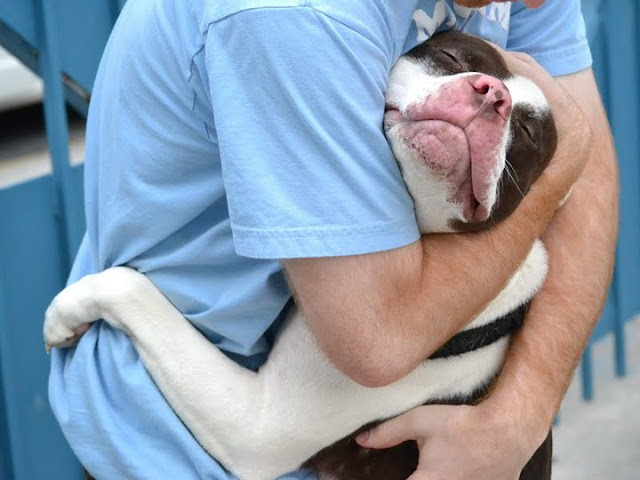 |
| Attachement and Separation Anxiety Causes |
Abstract
Dogs’
dysfunctional attachment relationships with their owners are assumed to
be the underlying cause of separation anxiety. Thirty-two dogs with and
43 dogs without owner-reported separation anxiety (SA) participated in a
formal attachment test (AT). After the AT, the dogs were videotaped for
30 minutes while alone at home. Dogs left free in the house were scored
on how long they were in proximity to the owners’ exit doors. Dogs who
were crated or closely confined were scored on several anxiety-related
behaviors, which were then compared to those dogs’ behaviors during the
attachment test. Dogs with SA spent no more time in contact with or
proximity to their owners during the attachment test than dogs without
SA (P>0.05). Instead, they tended to jump up on the door
after the strangers left the room and remain stationary when alone with
their owners (P<0.05). There was no significant difference (P>0.05)
between SA and non-SA dogs in the amount of time spent in proximity to
the owners’ exit doors when left alone at home. Dogs crated at home
showed no relationship between the amount of anxiety-related behaviors
during the AT or at home (P>0.05). There was no significant
difference in the type of proximity-seeking behaviors exhibited by dogs
with and without SA in the home (P>0.02). These finding
suggest that separation anxiety is not based on “hyperattachment” of the
dog to the owner, but that a different attachment style may be present
between dogs with and without SA.

No comments:
Post a Comment
Note: Only a member of this blog may post a comment.